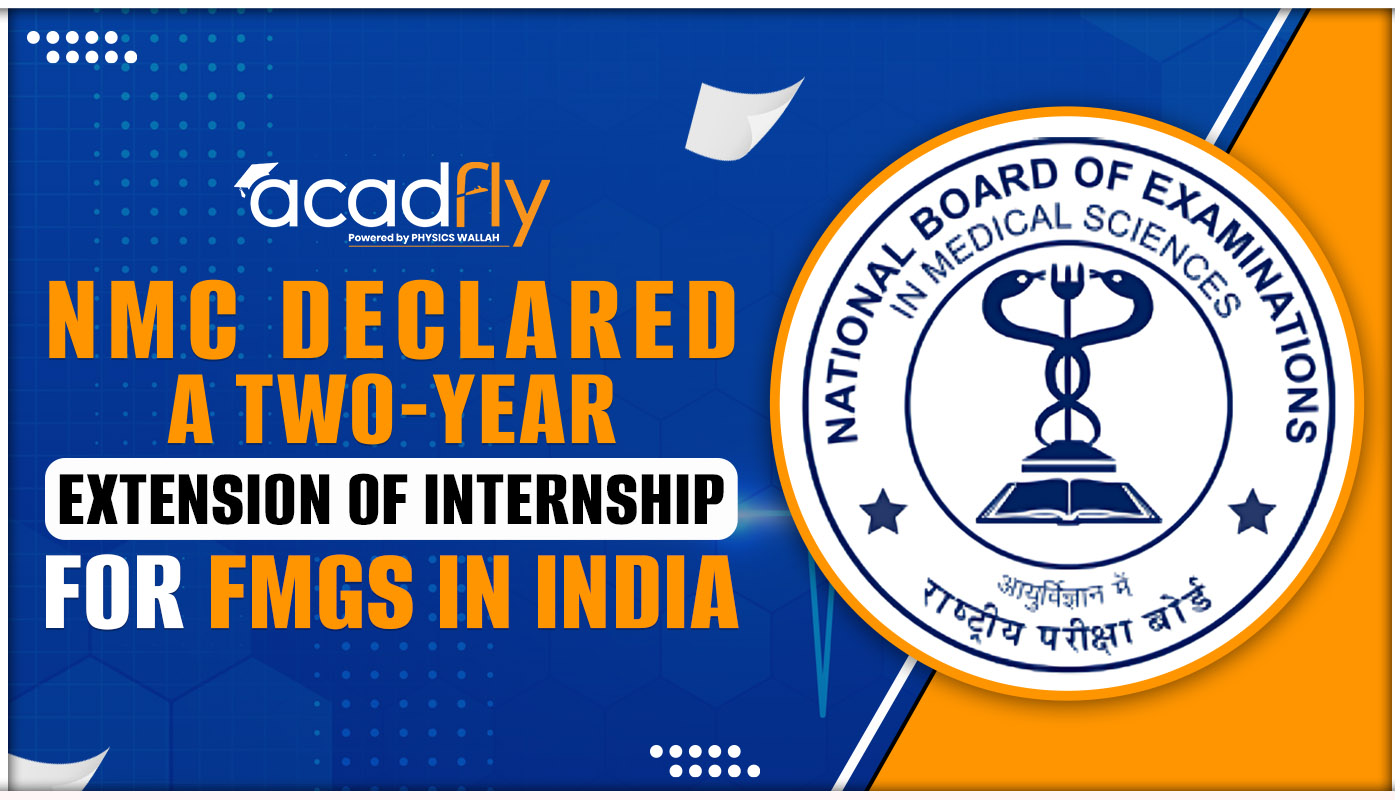

Choosing where to study medicine is a big decision, especially if you're looking to study MBBS abroad. It's not just about picking a school; it's about choosing a home for the next several years of your life. This place will shape your future in medicine, help you make lifelong friends, and maybe even determine where you end up working one day.
So, it's super important to think carefully about where you want to go. In this guide, we're going to walk through some key things to consider to help you find the perfect medical university abroad for your MBBS. Ready? Let's dive in!
Understanding Your Goals and Preferences
Before you start looking at universities, take some time to think about what you really want from your MBBS experience.
Identifying Your Career Objectives
Do you dream of being a world-renowned surgeon, or does your heart lie in rural healthcare? Your career goals can help narrow down your choices. Some universities are known for their research facilities, while others might have strong connections to local hospitals.
Preference for Country and Culture
Maybe you've always wanted to live in a certain country, or perhaps you're looking for a place that feels a bit like home. Consider the language, culture, and even the weather when making your choice. It's important to pick a place where you'll be happy, not just a university that looks good on paper.
Budget Considerations
Let's talk money. Studying abroad can be expensive, so you need to think about tuition fees, living costs, and whether you can work while you study. Some countries offer more affordable education or more opportunities for scholarships, so keep this in mind during your search.
Researching Accreditation and Recognition
Now that you know what you're looking for, it's time to start researching universities. But not just any universities—you want to make sure they're properly accredited.
Global and Local Accreditation
A degree from an accredited university is like a golden ticket; it opens doors wherever you go. Check if the university is recognized by the World Health Organization (WHO) and if its degree is accepted back in your home country. This is super important for when you start your medical career.
The Role of the World Directory of Medical Schools
This handy directory is your best friend when checking a university's accreditation. It lists all the medical schools in the world that are recognized by their country's government, which is a big deal for ensuring your degree will be respected globally.
Choosing a university with the right accreditation means you're on the right path to a successful medical career. It's a bit like choosing a good quality backpack for a long hike; it's going to support you every step of the way.
Evaluating the Curriculum and Specialization Opportunities
Choosing a university isn't just about the name; it's also about what you'll learn. The MBBS curriculum and the opportunities to specialize are key factors in shaping your medical career.
Curriculum Structure
Different universities might have different approaches to teaching medicine. Some might offer more hands-on clinical experience early on, while others focus on theoretical knowledge before moving into practical areas. Think about what learning style suits you best and look for universities that match that.
Clinical Exposure and Hands-on Training
Getting real-world experience is crucial. Look for universities that offer robust clinical rotations, access to modern medical facilities, and opportunities to work with patients. This not only enhances your learning but also prepares you for the realities of being a doctor.
Specialization Options
If you already have an idea of what area of medicine you want to specialize in, check out universities known for those programs. Whether it's paediatrics, surgery, or any other field, the right university can provide a strong foundation for your future specialization.
Considering University Reputation and Alumni Network
The reputation of your chosen university can play a significant role in your future career. But it's not just about prestige; it's about the quality of education and the network you'll be joining.
Rankings and Reputation
While rankings aren't everything, they can give you an idea of a university's standing in the global academic community. A university with a strong reputation is likely to offer high-quality education and good facilities.
Alumni Success Stories
A strong alumni network can be invaluable. It can open doors to job opportunities, provide mentorship, and even help you make informed decisions about your career. Look into the success stories of alumni and see how the university supported their career growth.
Analyzing Costs and Financial Aid Options
Studying abroad is a significant financial commitment, but don't let the cost scare you off. Understanding the full financial picture and exploring aid options can make your dream of studying MBBS abroad attainable.
Tuition Fees and Living Expenses
Start by getting a clear idea of the tuition fees and the cost of living in your chosen country. This will help you budget and plan for your studies abroad.
Scholarships and Financial Aid
Many universities offer scholarships, grants, and financial aid specifically for international students. Don't miss out on these opportunities. Research and apply early to reduce the financial burden of your education.
Campus Life and Student Support Services
Lastly, the campus life and support services offered by a university can greatly influence your overall experience. You want to choose a place where you'll not only learn but also enjoy your time and feel supported.
Campus Facilities
Modern labs, libraries, and medical facilities can enhance your learning experience. Take a look at what each university offers in terms of campus facilities and choose one that meets your needs.
Support Services for International Students
Adjusting to a new country can be challenging, but the right support services can make all the difference. Look for universities that offer robust support for international students, including orientation programs, language assistance, and counselling services.
Conclusion
Choosing the right medical university for your MBBS abroad is a decision that requires careful thought and research. By considering your goals and preferences, researching accreditation and recognition, evaluating the curriculum and specialization opportunities, considering the university's reputation and alumni network, analyzing costs and financial aid options, and looking into campus life and support services, you'll be well on your way to selecting a university that not only meets your academic needs but also supports your personal and professional growth.
Right Medical University for MBBS Abroad FAQs
What factors should I consider while choosing a medical university abroad?
Is university accreditation important for MBBS abroad?
Why is country selection important for MBBS?
Do all universities offer courses in English?
Should I consider tuition and living costs before applying?











